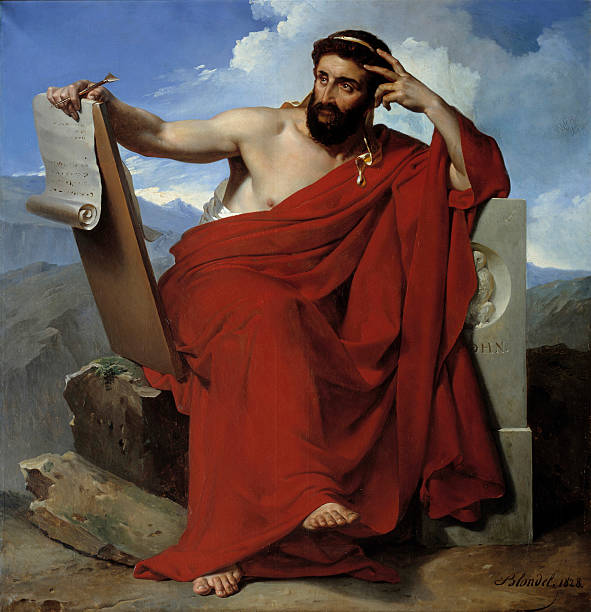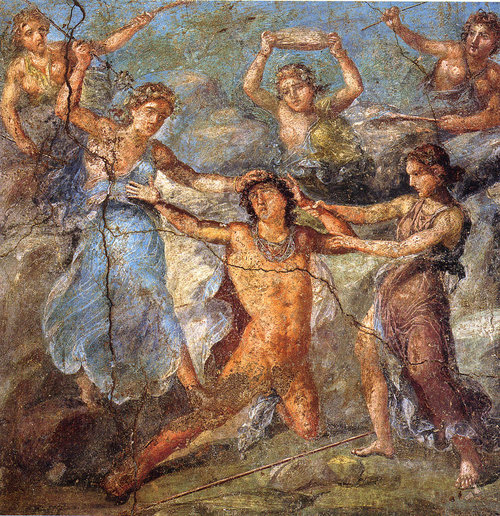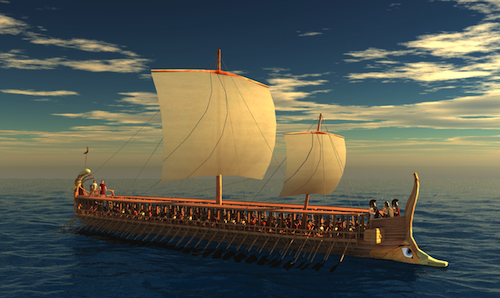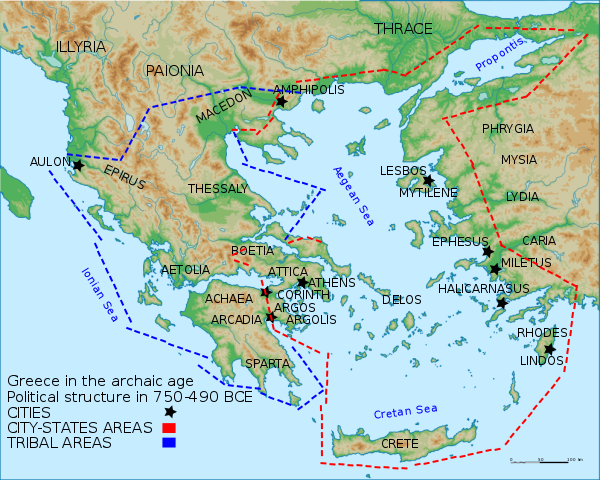Written by Ed Whalen, Contributing Writer, Classical Wisdom
We are all familiar with the achievements of Classical Greece. The era produced great art, philosophies, and political systems that still influence us to this day.
However, the Classical period was born out of the Archaic period, dating from the 8th century BC until the second Persian invasion (480 BC). This is the era when Greece emerged from the Dark Ages.
It was also a period that transformed Greece, laying the foundations for not only the Classical age but all of Graeco-Roman Civilization.
The End of the Dark Ages
The 8th century BC saw several rapid socio-economic changes in Greece. International trade revived, and many Greek communities began to specialize in products for foreign markets. This, in turn, encouraged the development of a new economy based on money, and this new economy grew. At the same time, more arable land came under cultivation, and the population grew rapidly.
The era also marked important cultural changes, such as the introduction of a new alphabet based on the Phoenician model. This led to the development of written Greek literature based on the oral tradition. It was at this time that the Homeric epics were written down and Hesiod wrote his didactic poem, Works, and Days. Lyric poetry also emerged, with Sappho and Pindar leading the way.
In the 6th century BC, poetry contests in honor of the god of wine led to the first dramatic performances in Athens. It was during the Archaic period that Greek literature began and in which some of its greatest works were produced.
Increased international trade led to greater cultural exchange, producing more realistic and naturalistic sculptures. The growing need for vessels to store food spurred advances in pottery, and this became a Greek art form. Decorated earthenware, often portraying mythic scenes, became extremely popular all over the Mediterranean. Also at this time the Greeks revived the Olympic Games, which continued uninterrupted for a millennium.
The Age of Colonization
Due to overpopulation, many Greeks were obliged to look for new lands. Colonists set out to look for new opportunities, and Greek outposts were soon established in the Black Sea area and as far as Spain. These communities maintained their cultural identity, and their settlements soon grew into towns and even cities. The Archaic period saw the expansion of the Greek world. Some colonies, such as Syracuse, went on to play a key role in the development of the Hellenic world.
Military Reforms
The Archaic period saw changes in the way the Hellenes engaged in conflict. Growing prosperity ensured more soldiers could afford armor. The hoplite, or heavy infantryman, came to dominate the battlefield for centuries. The phalanx was developed. New naval technologies also came into play, producing the first triremes, or warships. These allowed the Hellenes to dominate much of the Mediterranean.
The Growth of Cities
One of the key developments of the Archaic period was urbanization. The Greek polis, literally “city,” came into being. In some places, such as Athens, the polis was the result of several communities coming together. The polis led to the development of the city-state. Athens, Thebes, Corinth, and Sparta all developed as cities during the Archaic period.
Increasingly, the inhabitants of the new cities saw themselves as citizens of the polis, instead of identifying with a tribe or clan. This new urban lifestyle produced important cultural and social changes. To govern the new cities, constitutions and laws were developed. The Greeks developed the art of politics and the basic principles of law.

Portrait of the poet and legislator Solon of Athens (circa 640-c. 588 BC). Painting by Merry-Joseph Blondel (1781-1853), 1828. Picardie Museum, Amiens, France (Photo by Leemage/Corbis via Getty Images)
The Politics of the Archaic Age
While rural Greece was controlled by elites, in the cities — due to the breakdown of tribes and clans — classes emerged. This doesn’t mean that the rich, who were often members of the old aristocracy, didn’t try to dominate the polis. Many city-states, such as Corinth, were dominated by oligarchies that used their wealth and prestige to maintain power. The poor were oppressed, and some were even enslaved due to debts.
Meanwhile, the rising class of traders wanted a greater say in the government. This led to increasing social and political unrest. In Athens, Solon the lawgiver issued reforms aimed at diffusing tension by addressing inequality.
Not all Greek cities did likewise, opening the door for populists to come to power in many urban centers. Cypselus, for example, seized power in Corinth in 655 BC. These populists became tyrants in many Greek cities, including Athens. However, they were not tyrants in the modern sense — rather, they ruled by illegal and non-traditional means. Indeed, the Athenian tyrant Peisistratus did much to improve the city and was a patron of the arts in the 6th century BC.
However, many became corrupt over time and the population became restive. Those who served as hoplites in the army wanted more power. This led to the growth of democratic ideas in many cities— ideas that would lead to the widespread adoption of democratic ideas in Athens and elsewhere in Greece in the 5th century BC.
Power and Politics in the Archaic Age
The Archaic age saw the rise of the two powers that would dominate the Greek world. Athens became a serious military and naval power. Sparta fought three wars with the Messenian, who inhabited the southwestern Peloponnese, eventually dominating and enslaving them.
In order to maintain control over growing territory, Sparta developed a society based on military principals and became the greatest land power in the region. By 550 BC, it had dominated all of the Peloponnese. The Archaic period thus saw the emergence of these two powerful Greek city-states, whose rivalry and cooperation would determine the politics of the Hellenic world until the rise of Macedonia.
Conclusion
The Archaic period was crucial to the civilization of Greece. It was a time that saw the emergence of Hellenic literature and art. The growth of cities transformed the lives of people and led to the development of politics and the law. The Greek military saw innovation and expansion, and the Greeks colonized many parts of the Mediterranean. What they achieved in the Archaic Age laid the foundations not only for the glories and achievements of Classical Greece, but also that of the modern world.
References:
Grant, Michael (1988). The Rise of the Greeks. New York: Charles Scribner’s Sons.
Gargin, Michael (ed.) (2010) The Oxford Encyclopedia of Ancient Greece and Rome. Oxford: Oxford University Press.












One comment
thanks for information
Our apologies, you must be logged in to post a comment.